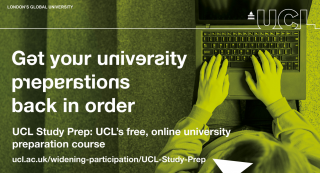This module explores the history of the United States from the 1930s to the present day by examining the concept of ‘protest’ and its role in shaping the relationship between the state and its people. Students will be encouraged to think critically how grassroots movements have taken shape and developed, and also how elite forces have co-opted seemingly ‘popular’ ideas for their own ends; indeed, top down and bottom up social forces in the United States have often had a dialectical relationship. Movements based around efforts to liberate or gain rights for marginalised people have often revealed deep class and racial fissures in American society, and have sometimes struggled to connect to each other. In the module we will explore a range of protest movements across the political spectrum and encompassing various elements of US society. We begin with an examination of the labour radicalism of the Depression era, charting the shift from violent activism of the 1930s to professionalized mass unions of the postwar era. The module then looks at anti-communist politics, the different avenues for protest in the 1950s, the various strands of the rights revolutions of the 1960s and 1970s, AIDS activism of the 1980s, the development of the modern conservative movement, and the prospects of progressive and left politics in the era of Trump. Students will think about the extent to which social protest has brought about real lasting change in the US over the past eighty years, and also how far the roots of our current moment can be located in the protest politics of the past.
Assessment:
•2,500-word project.
•2-hour exam.
 Close
Close



